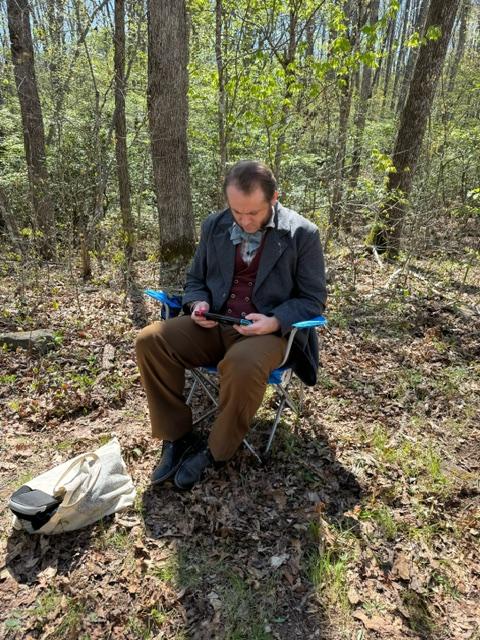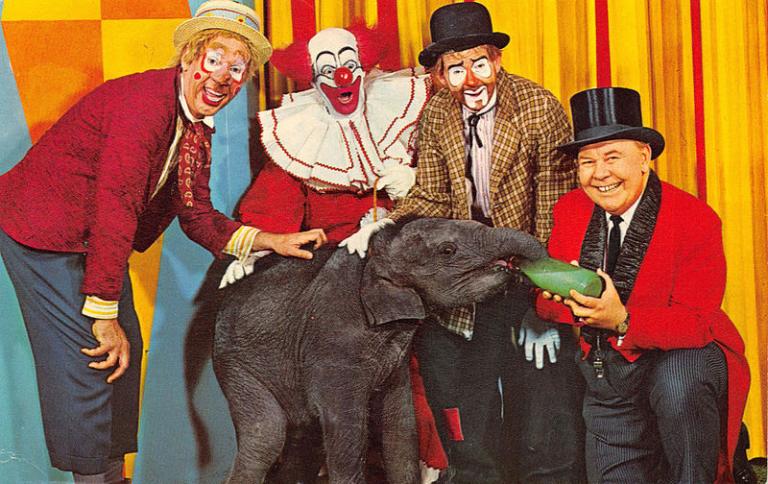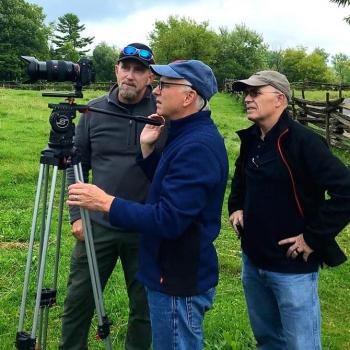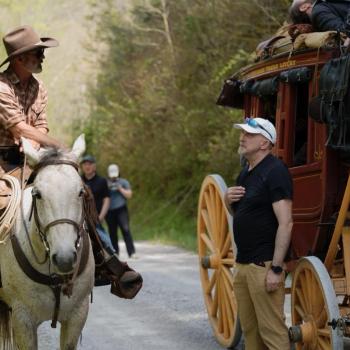
Here’s some really good news: A number of Cinemark theaters — in, I believe, Orem, Provo, American Fork, Draper, Midvale, Farmington, West Jordan, and Salt Lake City — will be running sneak previews of Six Days in August on the evening of Thursday, 26 September. That’s next week. Tickets for these special screenings are already on sale right now: Six Days in August – Early Access. Click on Thurs 9/26 and then click on the 7:00pm button, and you will see a seating chart.
Also: A new article of mine has just gone up in Meridian Magazine: “A Presidential Divide: The Fight over Who’ll Be Next.” It’s probably not about what you might think it’s about.
And, once again, don’t forget about next Wednesday’s major event: “Six Days in August Fireside at the SCERA Center for the Arts”

I’m sorry to clutter up my blog with further attention to the Hulu miniseries The Secret Lives of Mormon Wives, but articles about the wretched thing keep clogging my news feed, and sometimes I relent and read one or two of them. These two purported to be more seriouser than most of the usual entertainment coverage so . . . well, I admit that I looked at them. And they’re pretty discouraging. I was hoping, from its title, that the second article — from the student newspaper at the University of Pittsburgh, in the general vicinity of which a new temple was dedicated just this past weekend — might register some reservations about the show and about the chosen lifestyles of its stars. And, to some extent, it did. But by far its most severe condemnation was aimed at the church that has victimized those stars, and against whose oppressive strictures and teachings these noble and idealistic young women are heroically struggling.
“Secret Lives has . . . prompted a debate about contemporary Mormonism and whether the mainstream church’s central bureaucracy and its most vocal followers can and should be able to control what it means to be Mormon. . . .
“Secret Lives offers a window into the sometimes messy lives of people who are active members of the mainstream church, at a time when its fundamental teachings are less and less mainstream. If it took the salacious tale of #MomTok swingers to get us here, so be it. . . .
“But the eight-episode first season, which is all available on Hulu as of Sept. 6, reveals that they have each deviated from the standard Mormon path in their own way, and that they see their participation in #MomTok as an avenue to make a statement against traditional Mormon gender roles. . . .
“Secret Lives is most interesting when the groups unite to defend the women against Mormon patriarchy . . .
“You can see why church leaders may find the show disturbing. Despite its glossy overproduction and its unfulfilled promises to reveal sexy secrets about swingers, Secret Livessucceeds in telling other true stories. One of them is the ancient, familiar narrative of religious people who “sin” despite being commanded not to. But more vitally, Secret Lives, in all its gossipy glory, puts its finger on unresolved conflicts within the LDS faith about marriage and gender roles. It’s one thing to hear that the nationwide rise in women’s involvement in paid work is challenging the church’s teachings about men as providers and presiders over the family, or that a world increasingly comfortable with consensual sexual exploration is in conflict with a church that teaches that this will inevitably lead to heartache. It’s another thing to see these fights play out in public—TikTok by TikTok, comment by comment—thanks to a generation of Mormon women happy to share that messiness with the world.”
“This is a show actively shedding light on the emotional manipulation, abuse and humiliation that women in the Mormon church are subjected to day in and day out. . . .
“Every single “Mormon wife” on this show is a business woman. They are all the primary breadwinners in their relationships, and still they are relegated to being “Mormon Wives” in the title of their own show. This is the life that their society and religion wants them to fit into, and it is admirable and heartbreaking to watch them all try to break out of that jail . . .
“The show is feminist — there’s no doubt about that. Everyone featured is pursuing some form of a progressive Mormon life, but it is a tragedy that the bar is so low and that only in the year 2024 are “Mormon wives” starting to assert their own power and influence. The production team does a surprisingly good job of showing the audience just how backwards so much of this show is, but even that doesn’t feel like enough to justify watching these women act as direct products of their environment . . .
“This is the only life young Mormon girls are shown while growing up, and I can’t help but imagine the lives these incredibly intelligent and savvy women could have had if given the opportunity to be their own person during their 20s.
“I hope this show is a wake-up call for both the audience and the people featured in it — why is anyone getting satisfaction from watching such clear misogyny . . . ?”
I dunno. Can anything be done about such things? Is there any real way that Latter-day Saints can counter the kind of misunderstanding that flourishes among people who think that they’ve learned all they need to know about us, our community, and our faith from watching a few episodes of Big Love, Under the Banner of Heaven, The Real Housewives of Salt Lake City, and The Secret Lives of Mormon Wives?
Many years ago, my wife went — alone, unsupervised, and unescorted by me! — to a performance on Broadway of Angels in America: Perestroika, the second part of Tony Kushner’s overall multiple-award-winning play Angels in America: A Gay Fantasia on National Themes. Latter-day Saints occupy a central and unenviable place in Kushner’s story. During the intermission, an obviously Jewish man seated next to her (he was wearing a yarmulke) turned to her and asked “Have you ever been to Salt Lake City?”
Without waiting for her to answer his question, he said, obviously referring to Latter-day Saints in Utah, “They’re just like that!”
When she told me about the incident that evening back in Princeton, I was glad that I hadn’t been there at the theater. (I’d seen the first part of Angels in America with her in Manhattan, but I had another obligation in Princeton that night.) I probably would have pointed out to her neighbor that, of all people, a Jew ought to be on guard against stereotyping, negative caricatures, and bigotry. It seems, though, that sensitivity, tolerance, demand for diversity, acceptance, and the like are all really fashionable — except when it comes to certain groups, like the Latter-day Saints, who absolutely deserve disapproval.













